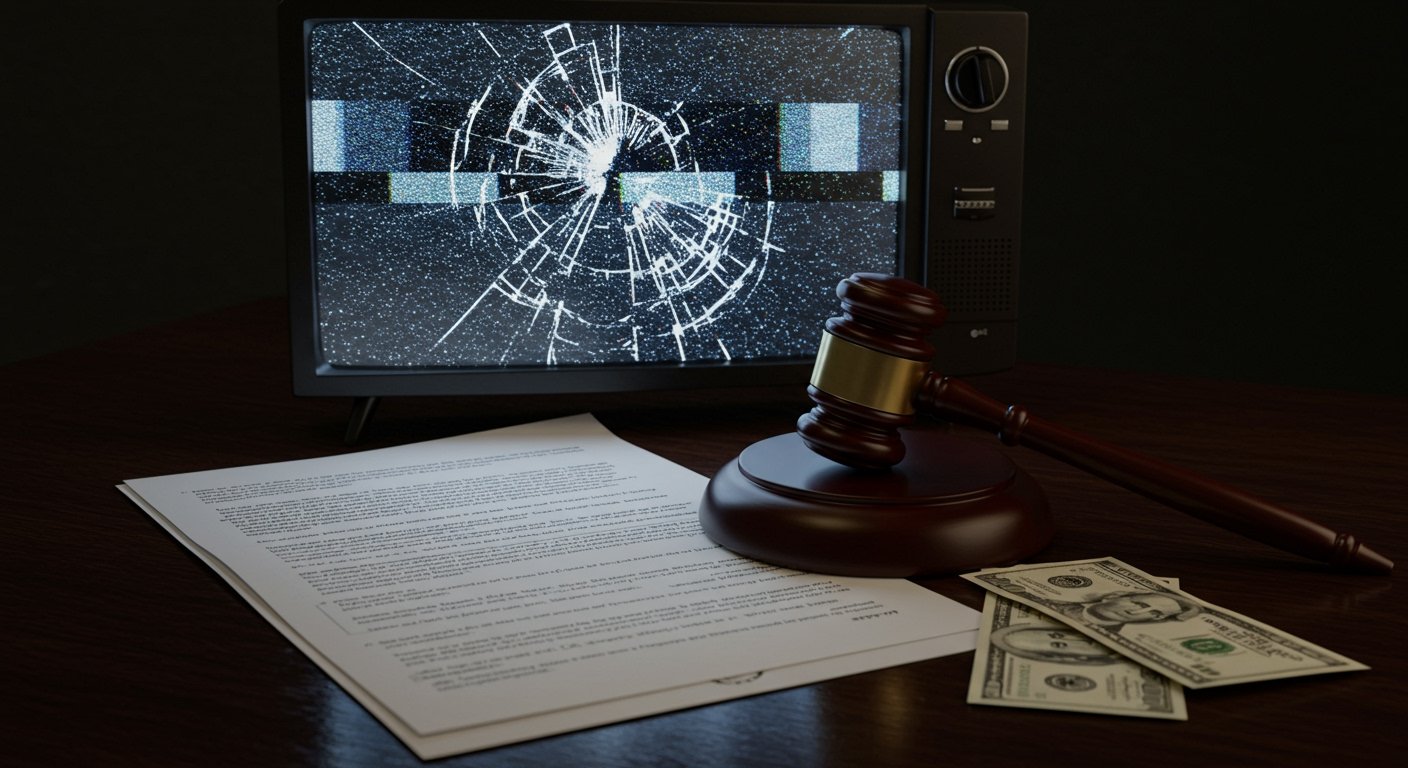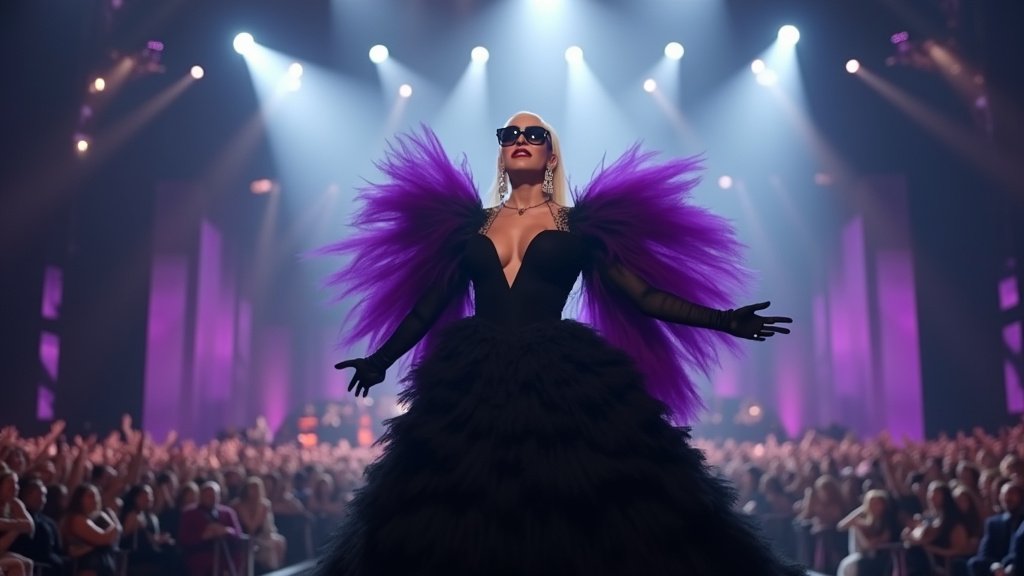MANHATTAN – A jury in Manhattan commenced its second day of deliberations on Tuesday, July 1st, in the high-profile federal sex trafficking trial of music mogul Sean “Diddy” Combs. The twelve-member panel returned to the courtroom following a lengthy initial session on Monday, June 30th, which concluded without a verdict after over five hours of intense discussion.
Day One Deliberations and Jury Inquiries
The jury’s work on Monday began around 11:30 a.m., shortly after receiving comprehensive instructions from the presiding judge, Arun Subramanian. The initial hours of deliberation proved eventful, marked by two distinct communications sent from the jury room to the judge, offering early insights into the challenges and questions facing the panel.
Just over an hour into deliberations, specifically shortly after 12:30 p.m., the foreperson dispatched the first note to Judge Subramanian. This communication immediately raised concerns within the court, stating, “We are concerned (the juror) cannot follow your honor’s instructions.” The note did not specify which juror was the subject of concern or the nature of the perceived difficulty in adhering to the judge’s guidance. Judge Subramanian addressed the note promptly, reminding the jury of their collective duty to deliberate diligently and to follow his instructions precisely as given before sending them back to continue their work.
Later on Monday afternoon, the jury sent a second note seeking clarification on a specific legal point central to the charges. This inquiry requested further guidance regarding “what qualifies as drug distribution,” a question directly related to the complex racketeering conspiracy charge that is among the counts Combs faces. The judge provided additional instructions to help the jury navigate this aspect of the case.
The Allegations and Charges
The federal indictment against Sean “Diddy” Combs, aged 55, centers on serious allegations that he used his extensive enterprise to facilitate illegal activities over two decades. Prosecutors allege that Combs coerced and forced two former girlfriends, including the prominent R&B singer Cassie, whose legal name is Casandra Ventura, and a woman identified in court documents only as “Jane,” into participating in sexual acts with male sex workers.
Combs has steadfastly maintained his innocence, entering a plea of not guilty to all charges leveled against him. These charges include a count of racketeering conspiracy, two counts of sex trafficking, and two counts of transportation to engage in prostitution.
Defense Counter-Arguments and Combs’ Absence from Stand
Throughout the trial, Combs’ defense team has mounted a vigorous challenge to the prosecution’s narrative. They argue that the sexual encounters described were consensual and that prosecutors are fundamentally misrepresenting what they characterize as a swinger lifestyle and instances of domestic violence, attempting to elevate them to the level of federal crimes. The defense contends that the evidence presented does not support the grave charges of trafficking and conspiracy.
Notably, Sean Combs did not testify in his own defense during the trial proceedings. This decision left the defense’s case to rest solely on the evidence presented and the arguments made by his legal counsel.
Potential Outcome
The charges against Combs carry significant potential penalties. If convicted on all counts, the music mogul could face a substantial prison sentence, ranging from a minimum of 15 years up to the possibility of life behind bars. The jury’s deliberations will determine his fate based on the evidence presented during the trial and the legal framework provided by Judge Subramanian’s instructions.
The twelve jurors in Manhattan face the challenging task of sifting through weeks of testimony and evidence to reach a unanimous verdict on each of the federal charges. Their return for a second day of deliberations underscores the complexity of the case and the gravity of the decisions they must make.













